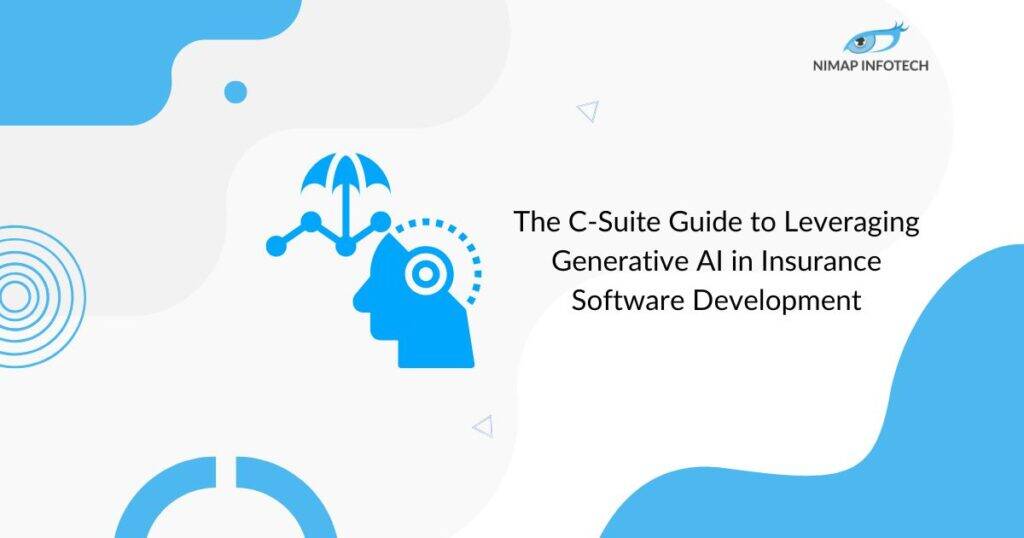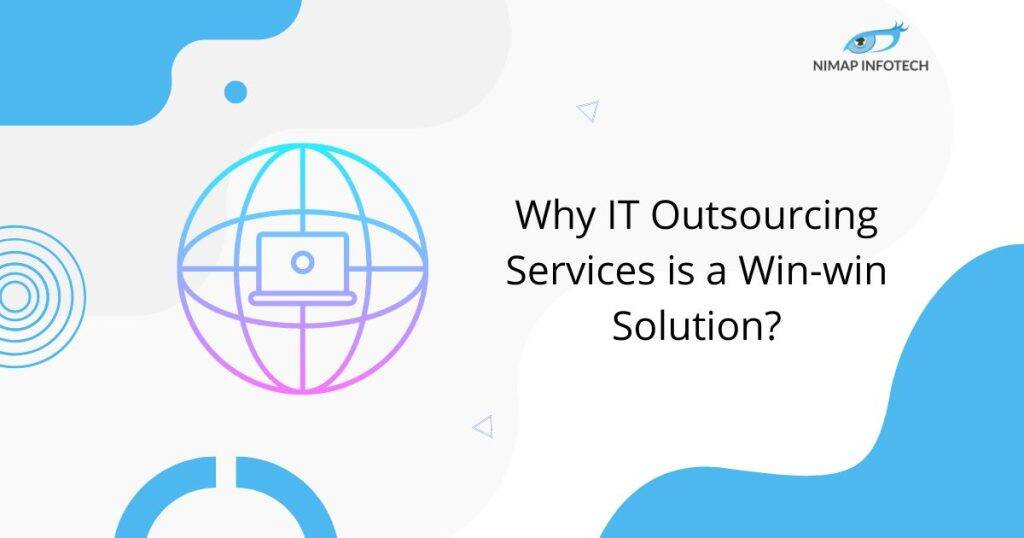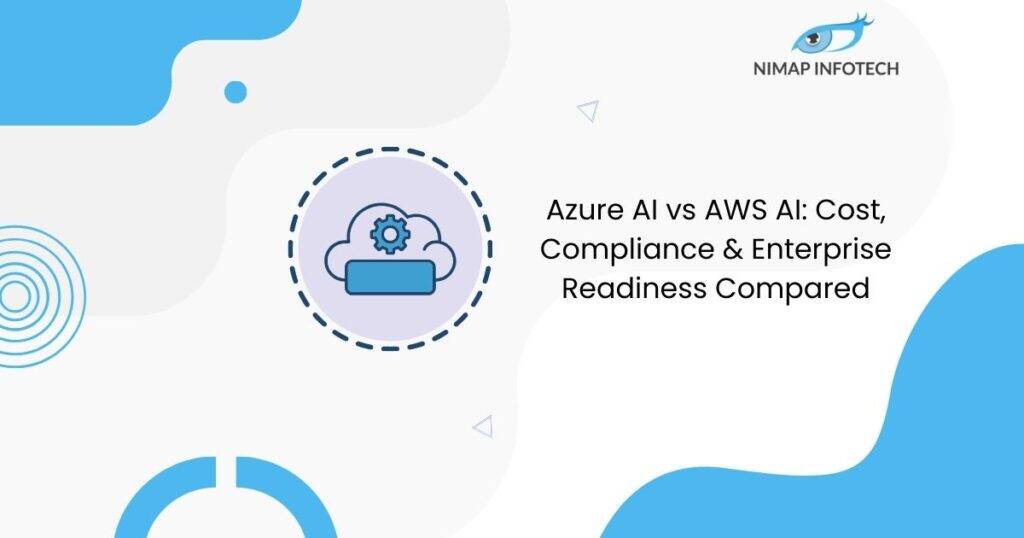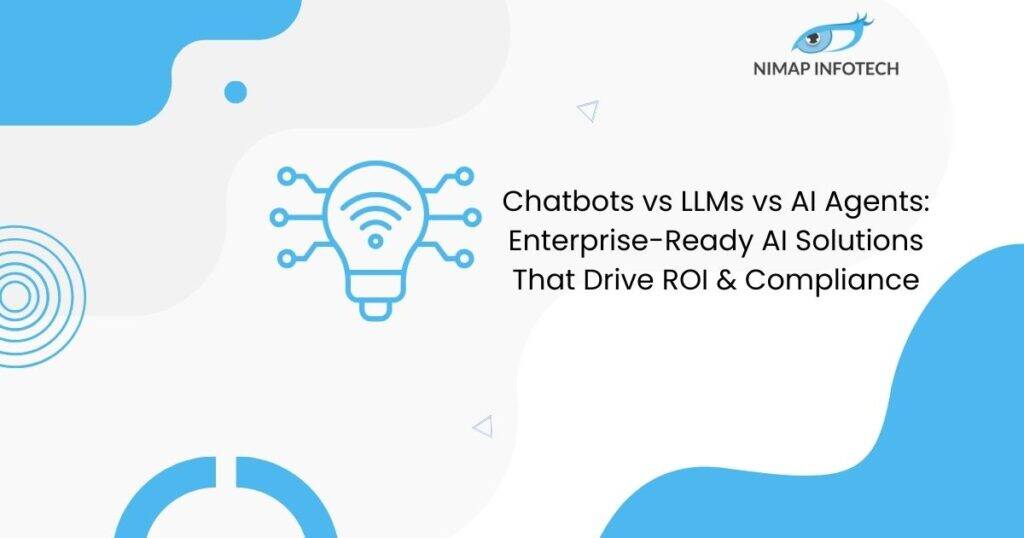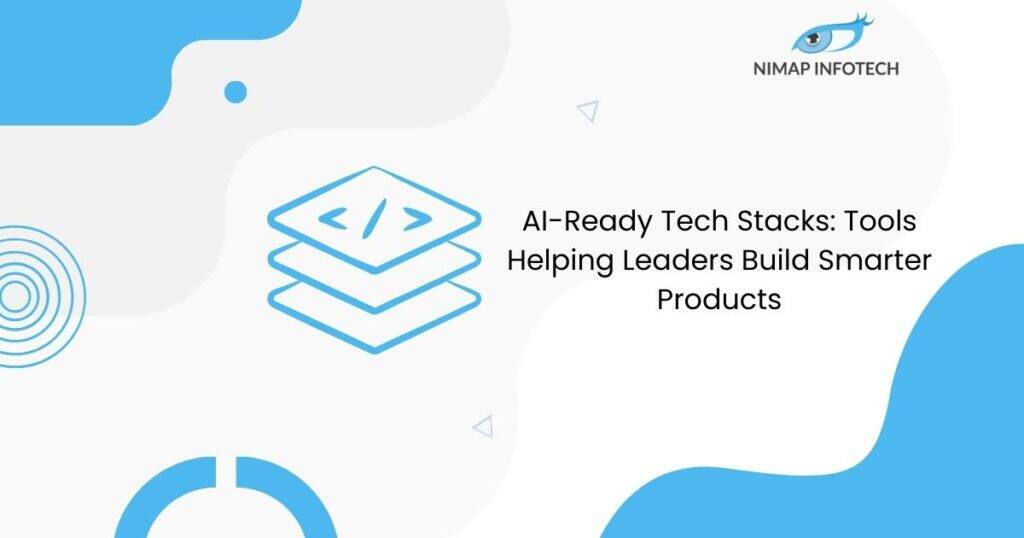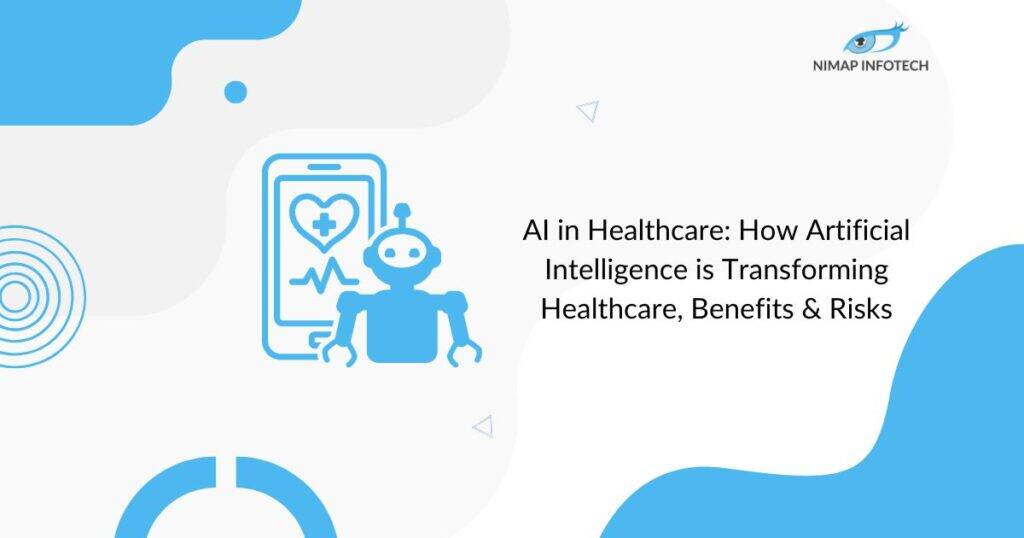The Role of AI in the Insurance Industry: Transforming Risk, Efficiency, and Personalization
AI is redefining the future of insurance. AI is revolutionizing insurance, driving innovation, personalization, and competitive advantage amid evolving risks and rising expectations.
By automating claims, identifying fraud, reducing expenses, and revolutionizing risk assessment and customer support, artificial intelligence (AI) simplifies insurance. One of the most significant developments in recent years is the rise of Generative AI in insurance. Advanced models like LLMs help insurers personalize content, boost engagement, and speed up decision-making.
This new era of AI in insurance is not just a trend, it’s a necessity. As digital transformation accelerates, insurers that embrace AI technologies are better positioned to manage risk proactively, deliver seamless customer experiences, and adapt to evolving regulatory demands. Discover how insurers use Generative AI to transform operations and gain a competitive edge in real-world scenarios.
Introduction to the Role of Generative AI in the Insurance Industry
As Generative AI continues to reshape global industries, its potential within AI in the insurance industry is especially noteworthy. Insurance companies, traditionally reliant on data-driven decision-making, are now discovering how powerful AI can be in transforming operations, enhancing customer experience, and driving intelligent automation. This article explores the synergy between Generative AI in insurance and its rapidly growing relevance in one of today’s most data-intensive sectors.
Understanding the Role of AI in the Insurance Sector
At the core of this transformation is Generative AI, a sophisticated branch of artificial intelligence that leverages Large Language Models (LLMs), Natural Language Processing (NLP), and machine learning (ML). While the concept of AI in insurance has been evolving since the 1950s, today’s modern frameworks bring unprecedented capabilities that are redefining industry standards.
Unlike traditional AI models, Generative AI in the insurance industry is trained on massive datasets to produce intelligent, context-aware outputs across formats text, images, audio, and even video. Think of it as predictive text on steroids. These systems use advanced pattern recognition to respond to domain-specific prompts, making them ideal for tasks such as policy generation, claims summarization, and customer communication.
What truly differentiates Generative AI in insurance is its ability to be fine-tuned using enterprise-level data. Insurers can train domain-specific LLMs that comprehend insurance sector intricacies, resulting in accurate and contextually aligned outputs.
AI in the Insurance Sector: Why It Matters Now
As risk profiles become more complex and customer expectations continue to rise, AI in the insurance sector offers a vital competitive advantage. From automating underwriting to delivering personalized recommendations, AI in insurance is helping providers enhance operational efficiency, mitigate fraud, and build customer trust. Explore how insurers use Generative AI development to drive innovation and lead digital transformation in real-world applications.
Shaping the Future of Insurance with Bespoke Software Solutions
The insurance industry is at a pivotal transformation point. With rising customer expectations for seamless, data-driven interactions and the persistent limitations of legacy systems, the need for modernization has never been more urgent. This is where insurance software development steps in, offering modern digital solutions that automate core workflows, streamline claims processing, and utilize AI for smarter underwriting decisions.
As a leading insurance software development company, Nimap Infotech specializes in building robust, scalable, and user-centric platforms that empower insurers to stay competitive in an evolving marketplace. At Nimap Infotech, we understand that the insurance industry is not one-size-fits-all. Each organization has unique goals, challenges, and regulatory requirements. We craft insurance software to cut costs, scale faster, and boost service for insurers, brokers, and agencies globally.
We modernize legacy systems with automation, AI, and analytics to build secure, agile, and future-ready insurance solutions. By choosing Nimap Infotech as your insurance software development company, you gain access to a team of experienced software developers, UI/UX designers, QA engineers, and cloud specialists who are committed to innovation and excellence. We don’t just build software—we build long-term technology partnerships that support your digital transformation journey from planning to execution and beyond.
Whether you are looking to enhance existing platforms or build a new digital insurance ecosystem from scratch, Nimap Infotech delivers robust, scalable, and fully customizable software that keeps you ahead of the curve. In a market that is competitive and evolving quickly, let us assist you in utilizing insurance software development services to increase customer satisfaction, streamline processes, and open up new business prospects.
How Does Insurance Software Work?
In today’s rapidly evolving insurance landscape, operational efficiency and customer-centric service are critical to staying competitive. This is where insurance software development comes into play. Purpose-built to streamline and automate complex processes, insurance software is a digital backbone for modern insurers, enhancing productivity, reducing errors, and delivering superior service. Key Functions of Insurance Software –
1. Policy Management
- At the core of every insurance operation is the need to manage policies efficiently. Insurance software serves as a centralized platform to organize customer data, policy information, and related documentation.
- It simplifies essential tasks like premium calculation, quote generation, and policy renewal, making the entire process faster, more accurate, and less dependent on manual intervention.
2. Streamlined Claims Processing
- One of the most crucial aspects of any insurer’s operations is claims management. Through insurance software development services, firms can automate the claims lifecycle—from submission to settlement.
- Smart features like fraud detection, real-time tracking, and automated assignment to adjusters ensure transparency, speed, and accountability throughout the process.
3. Customer Relationship Management (CRM)
- Strong customer engagement is the hallmark of a successful insurance business.
- Integrated CRM capabilities within insurance software allow for managing communication, tracking client interactions, and sending personalized messages. These tools help insurers build stronger relationships, boost customer satisfaction, and improve retention.
4. Data Analysis and Risk Management
- With access to vast data points, insurance software supports intelligent risk modeling and predictive analytics.
- By identifying patterns and assessing risk levels across different policies, insurers can make informed underwriting decisions and set fair premiums, transforming data into actionable insights.
5. Overall Efficiency and Cost Reduction
- By automating manual processes and minimizing human error, insurance software reduces operational costs and boosts overall efficiency.
- It enables faster turnaround times, greater process accuracy, and streamlined operations, allowing insurers to focus on strategic growth rather than administrative tasks.
Types of Insurance Software
At Nimap Infotech, our expertise in insurance software development services spans a variety of custom solutions designed to meet specific business needs. Here are the most common types:
1. Workflow Automation Software
- This software optimizes internal processes such as sales, underwriting, and customer service.
- Workflow automation improves job management throughout the company, increases team efficiency, and cuts down on delays.
2. Document Management Software
- Simplify Complex Insurance Paperwork with Smart Solutions. Document management software helps digitize, organize, and secure sensitive client data, such as policy applications and contracts, ensuring compliance and reducing operational overhead.
3. Policy Management Software
- Designed to streamline the creation and administration of insurance policies, this software simplifies complex policy configurations, automates renewals, and facilitates reinsurance processes, enhancing accuracy and scalability.
4. CRM Software
- CRM platforms built through custom insurance software development help insurers manage leads, nurture relationships, and maintain a 360-degree view of customer interactions across all touchpoints.
5. Underwriting Software
- With automated rule engines and data analysis tools, underwriting software accelerates risk assessments, standardizes decisions, and minimizes human bias, making the underwriting process faster and more reliable.
6. Call Center Software
- To boost accessibility and customer service, this software supports multi-channel communication.
- It enables seamless interaction between executives and clients, leading to better issue resolution and a smoother insurance experience.
Top 10 Benefits of Insurance Software
Driving operational excellence across the insurance ecosystem. Here are the top benefits of investing in insurance software development:
1. Improved Operational Efficiency
- Insurance software automates time-consuming tasks and provides a centralized platform for managing data, improving employee productivity, and reducing bottlenecks in service delivery.
2. Improved Communication
- Through integrated messaging and real-time updates, insurance software fosters transparent and efficient communication between clients, agents, and underwriters.
3. Cost Savings
- Automation significantly cuts down on labor costs and reduces the potential for costly errors, leading to improved profit margins for insurers.
4. Regulatory Compliance
- Stay ahead of industry regulations with built-in compliance tracking and reporting features.
- Insurance software helps teams stay informed and compliant with regional and global standards.
5. Better Customer Service
- Customers gain instant access to services like policy updates, claims submissions, and payment processing, enhancing their overall experience and satisfaction.
6. Data Security
- With robust encryption and secure access protocols, insurance software ensures that customer data and sensitive documents are protected from breaches and unauthorized access.
7. Advanced Analytics
- Make data-driven decisions by utilizing real-time dashboards, performance monitoring, and predictive analytics to fully utilize company intelligence.
8. Scalability
- Whether you’re a startup or an established insurer, scalable insurance software supports growth by handling increasing volumes of data, users, and transactions seamlessly.
9. Customizability and Flexibility
- Our insurance software development services provide custom solutions that adapt to your business’s unique workflows, compliance requirements, and customer engagement models.
10. Increased Customer Loyalty
- By personalizing interactions, providing faster resolutions, and maintaining consistent service quality, insurance software builds trust and strengthens client relationships—leading to improved customer loyalty and higher retention rates.
Build Your Competitive Advantage with Nimap Infotech
At Nimap Infotech, we deliver end-to-end insurance software development solutions that are innovative, secure, and fully customizable. Whether you’re looking to modernize legacy systems, improve customer engagement, or automate backend operations, our team is equipped to transform your vision into a high-performing digital insurance platform. Partner with us to explore future-ready insurance software development services that empower your business to grow, innovate, and lead in a competitive market.
Generative AI in Insurance: Risks, Limitations, and Challenges
While Generative AI offers immense potential for transforming the insurance sector—enhancing automation, personalization, and predictive analytics – it also presents certain limitations that must be carefully navigated. As an experienced insurance software development company, Nimap Infotech understands both the power and the pitfalls of this evolving technology. Here are some of the key challenges of implementing Generative AI in modern insurance solutions:
1. Limited and Outdated Knowledge
- Most Generative AI models are trained on datasets that only extend up to a specific point in time.
- For instance, some widely used tools may have training data limited to September 2021 or earlier. This poses a risk of generating responses that lack relevance to current regulations, market trends, or emerging risks, impacting the accuracy and reliability of your insurance software development services.
2. Inherent Bias in Training Data
- Generative AI models often rely on vast amounts of publicly available information. However, these data sources can include cultural or systemic biases, which may inadvertently influence the output of AI-driven systems.
- In the context of insurance software development, this could result in biased risk assessments or exclusionary practices, damaging customer trust and brand reputation.
3. Risk of Inaccurate or “Hallucinated” Responses
- Despite advancements in AI, Generative AI can still produce incorrect or misleading information, especially during prolonged interaction cycles. This phenomenon—often referred to as “AI hallucination” can compromise data integrity, particularly in sensitive areas such as claims processing or underwriting.
- For insurance software development companies, ensuring quality control and implementing AI validation mechanisms becomes critical.
4. Inadequacy for Complex Underwriting
- Underwriting in insurance often involves nuanced human judgment, historical context, and behavioral insights.
- While Generative AI can analyze hard data efficiently, it may struggle to account for qualitative factors that affect risk assessment.
- Therefore, relying solely on AI-driven underwriting within your insurance software development solutions can lead to oversimplified decisions.
5. Ethical and Privacy Concerns
- Data privacy continues to be a global concern, especially with the rise in cybercrime.
- Using Generative AI to process or generate sensitive customer information raises significant ethical questions.
- From personally identifiable information to facial recognition technologies, insurance software development services must prioritize compliance with global data protection regulations like GDPR, HIPAA, and more.
6. Lack of Emotional Intelligence
- One of the key limitations of Generative AI is its inability to express genuine empathy. In insurance, particularly when dealing with claims related to loss, illness, or death, customers seek compassion and understanding.
- While AI can streamline responses, only human agents can provide the emotional intelligence required for sensitive situations—something that an insurance software development company must keep in mind when designing digital experiences.
7. Evolving Regulatory Landscape
- As AI technology advances, governments across the world are introducing regulations to ensure its ethical use.
- For insurers adopting Generative AI, this means staying ahead of legal compliance requirements, which could become increasingly complex and costly.
- Future-ready insurance software development services must therefore be designed with built-in compliance tools and update mechanisms.
Moving Forward with Responsibility and Innovation
Despite these challenges, Generative AI remains a powerful asset in driving innovation in the insurance domain. At Nimap Infotech, we specialize in delivering cutting-edge insurance software development solutions that strike the perfect balance between automation and accountability. As a trusted insurance software development company, we build intelligent systems with ethical AI principles, data protection measures, and human-centric designs, ensuring your business stays compliant, competitive, and customer-focused.
AI in Insurance: What’s Behind the Rapid Adoption?
As competition intensifies and customer expectations continue to evolve, the insurance sector is rapidly embracing AI-driven solutions to boost efficiency, improve customer satisfaction, and reduce operational costs. From claims automation to personalized policy offerings, Artificial Intelligence is reshaping how insurers operate. At the core of this transformation is expert insurance software development, enabling carriers to build intelligent systems that meet the needs of today’s digital-first customers. What’s Powering the Rise of AI in Insurance:
1. Rapid Advances in AI and Machine Learning Technologies
- Recent breakthroughs in AI, particularly machine learning and large language models (LLMs), are enabling insurers to process and understand vast amounts of unstructured data.
- LLMs help streamline claims management, detect fraud, and automate document analysis with higher accuracy than ever before.
- Forward-thinking insurance software development companies are integrating generative AI capabilities into custom platforms to boost decision-making and reduce turnaround times.
2. Expanding Access to Diverse Data Sources
- Insurers now have access to an unprecedented volume of first- and third-party data, ranging from social media activity and credit scores to purchasing behavior and weather trends.
- With the right insurance software development services, companies can harness this data to fine-tune underwriting models, enhance risk analysis, and offer more competitive premiums.
- Third-party data integration is no longer optional; it’s essential to stay ahead.
3. Growing Demand for Personalized Customer Service
- AI-powered chatbots and virtual assistants are revolutionizing customer interactions by offering real-time, 24/7 support.
- Natural Language Processing (NLP), a key component in modern insurance software platforms, enables digital assistants to efficiently manage policy inquiries, file claims, and respond to customer questions—allowing human agents to focus on complex, high-value interactions.
4. Modern Cloud Data Infrastructure
- Cloud-native data platforms such as Snowflake enable insurers to manage vast amounts of structured and unstructured data affordably and at scale.
- These platforms are fundamental to building intelligent, responsive systems through modern insurance software development services, offering the agility to run AI and ML workflows that support real-time analysis and model training.
Real-world Applications of AI in Insurance
AI is no longer an emerging trend – it’s a strategic necessity. Here’s how AI is creating measurable value across various insurance functions:
1. Faster and More Efficient Claims Processing
- AI automates and accelerates claims processing by interpreting documents, images, and even videos to assess damage and determine payouts.
- With the help of custom insurance software development, insurers can automate claim triage, prioritize high-risk cases, and reduce settlement times.
2. Enhanced Risk Management
- Predictive AI models evaluate data from multiple sources to identify patterns, flag risks, and anticipate market shifts.
- Through custom insurance software development services, insurers can optimize pricing models and proactively manage exposure, enhancing portfolio performance.
3. Personalized Insurance Coverage
- AI enables hyper-personalization by analyzing individual behaviors, preferences, and risk factors.
- For instance, telematics data from connected cars allows insurance providers to deliver usage-based insurance (UBI) models.
- Using intelligent insurance software development, insurers can dynamically adjust policies and premiums in real time, improving customer satisfaction and retention.
4. Superior Customer Experience
- AI-driven chatbots and virtual agents are redefining customer engagement.
- By leveraging NLP and sentiment analysis, insurers can quickly identify dissatisfaction, respond intelligently to inquiries, and continuously improve service quality.
- Advanced insurance software development ensures these systems stay accurate, responsive, and in line with brand values.
5. Smarter Fraud Detection
- AI tools are adept at detecting fraudulent behavior by identifying anomalies and inconsistencies that humans may overlook.
- Predictive analytics, embedded through robust insurance software development services, enable insurers to flag and investigate high-risk claims before they escalate.
6. Cost Reduction Through Automation
- Automation powered by AI significantly reduces manual effort and human error.
- Tasks like document review, form completion, and data extraction can be fully automated using technologies like NLP.
- This allows skilled professionals to focus on higher-level decision-making while insurance software development companies build systems that drive long-term cost efficiency.
Conclusion
The insurance industry stands at the intersection of innovation and transformation, with AI acting as a key driver of progress. Whether it’s improving operational efficiency, delivering hyper-personalized policies, or detecting fraud in real-time, AI is helping insurers unlock new levels of performance. Our specialty at Nimap Infotech is developing insurance software that is ready for the future and enables insurers to fully utilize artificial intelligence. As a leading insurance software development company, we build secure, scalable, and Gen AI-enabled solutions customised for your unique business needs.
Move Your Insurance Software Development Forward with Generative AI and the Power of Nimap Infotech
At Nimap Infotech, we are helping insurance providers unlock the full potential of Generative AI through modern, intelligent software solutions. We help insurers boost risk accuracy and innovation using Snowflake’s ML-driven Financial Services Data Cloud.
Through our cutting-edge insurance software development services, we enable clients to integrate Large Language Models (LLMs) into their ecosystems safely and efficiently. Snowflake’s secure, LLM-ready architecture ensures a protected environment where sensitive corporate data remains secure while AI-driven insights drive smarter business decisions.
Whether you’re building new customer-facing applications, automating claims workflows, or enhancing fraud detection systems, Nimap Infotech ensures you have the tools, data infrastructure, and intelligence needed to scale rapidly. Discover how leading insurance companies are partnering with Nimap Infotech to shape their AI strategy, leveraging cloud-native platforms and enterprise data to transform the future of insurance.
FAQs
Generative AI in insurance is reshaping software development by enabling advanced automation, personalized policy generation, and smarter risk assessment tools.
Through real-time data processing and predictive insights, investing in AI in the insurance industry helps to improve decision-making, expedite operations, and improve the customer experience.
Custom insurance software development powered by AI offers bespoke solutions, increased operational efficiency, and agility in responding to market changes within the insurance industry.
An experienced insurance software development company provides end-to-end services, from strategy to implementation, ensuring secure and scalable integration of AI in insurance industry workflows.
Generative AI in the insurance sector is used for automated claims processing, fraud detection, customer service chatbots, and generating personalized insurance products.
Author
-

A technology enthusiast with over 14+ years of hands-on experience in the IT industry, I specialize in developing SaaS applications using Microsoft Technologies and the PEAN stack. I lead a team of 300+ engineers, holding multiple Microsoft certifications (MCSD, MCTS, MCPS, MCPD). My expertise spans across C#, ASP.NET, NodeJS, SQL Server, and Postgres.
View all posts

